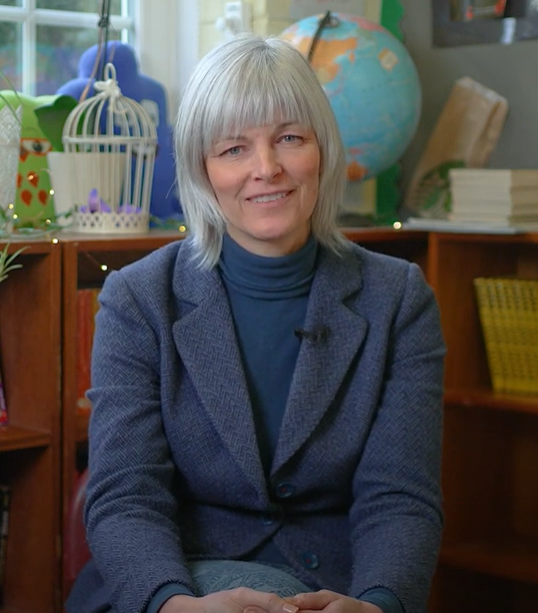As the education sector grapples with preparing children for an uncertain future, coping with pressure to meet attainment targets, enhance SEND provision and retain good staff, making space for emotional health may seem like an extra complicated challenge it’s too difficult to carve out time for.
I would argue that this environment only elevates the importance of relationships in school settings and that focussing strategically on emotional intelligence at all levels of the system could be the solution to all other challenges – investing here, now, could make a big difference (the biggest even) for our children, for staff and the future of humanity.

“Understanding emotional wellbeing, relationships, and childhood development can help schools cultivate the nurturing environment that can help all children meet their potential and thrive in, and far beyond, their education. Crucially, however, to do this staff must also feel their needs and behaviours are understood and supported. They must be able to make space in their minds to tune into their students.”
Providing appropriate support for staff is the foundation for a relationship centred school culture where individuals feel safe to reveal who they are. This isn’t as difficult as it seems and actually removes obstacles to the other tasks on staff members’ overflowing plates.
Emotional development occurs within relationships. In our formative years, right from birth but continuing throughout the whole of childhood and adolescence, children experience and communicate feelings, some of which will be overwhelming either because they don’t understand the feelings or because they are too intense.

“When feelings are transmitted and received within a safe relationship, adults are able to help young people process, understand and name their feelings. The concept known as ‘containment’ is helpful here. It relies on being able to tune into the person, to feel something they may be feeling and to communicate back what might be happening.”
Gradually, over time children internalise this ability to self-regulate. However, throughout our lives we all occasionally need the support of other people to help us process and regulate overwhelming feelings. Therefore, even as adults, especially thinking about staff in school, we may need support (containment) to process our own feelings. This creates space in our otherwise busy, overloaded minds which enables us to tune into and offer support to others to help them process their feelings. In other words, there is a ‘parallel process’ involved, and this helpful to consider at all levels of the school system.
Staff may become overwhelmed themselves not only by the pressures of the job but also the spoken and non-verbal communication of the young people they’re supporting, and possibly parents and families too. Not all communication is conscious so whether they realise it or not, teachers are going to be confronted with students’ feelings whether they are dealing with disruptive behaviour, compliance, anxiety, absenteeism, or presenteeism, regardless of whether they are supported to do so or not.

“Systems and practices woven into school culture, involving managerial, peer and supervisory emotional support will free up space in staff’s minds in order for them to be able to take in, think about and process the feelings of, for example, a student and/or parent, so that they, in turn, feel able to understand and process their emotions. This restores the capacity to think, learn and reduces behaviour (as communication).”
Developing a culture based on emotional intelligence helps staff, students and parents to feel seen and valued as an individual. This in turn reduces stresses across the whole school system, enabling it to also function well at its other primary tasks, as well as building lifelong skills for good mental health and emotional regulation.
It’s therefore a game-changer for students, parents and staff too.
So, for school leaders, this may look like supportive coaching, reflective sessions, parent engagement work, or a combination. Togetherness is here for all schools and all families to help raise emotional health in an evidence based, informed and sensitive way. The Whole School Emotional Health Programme focuses on relationships and helps place behaviour management at the end of a process that starts with compassion and reading behaviour as communication.

Dr Rebecca Johnson
Consultant Clinical Psychologist, Togetherness Development Manager

